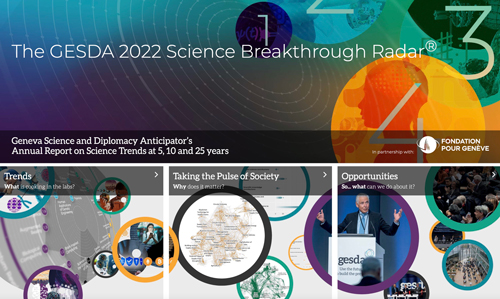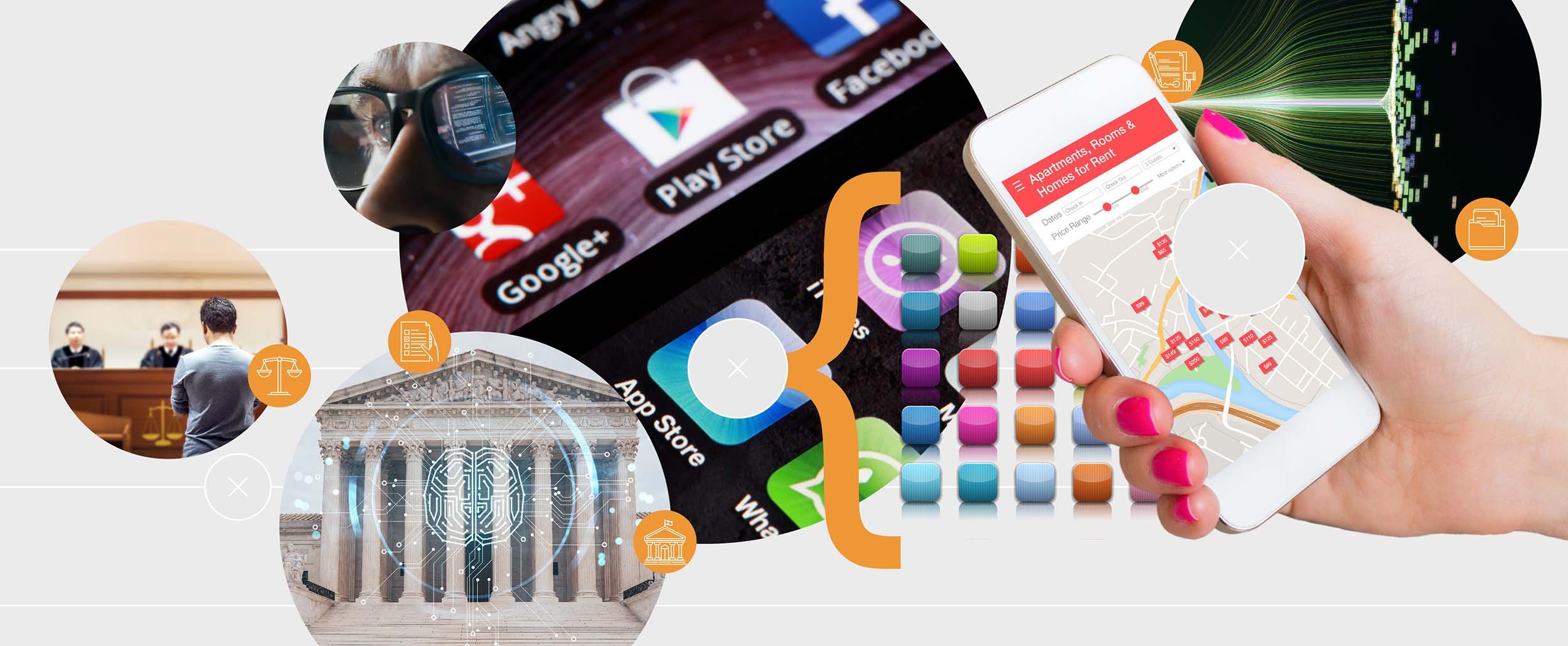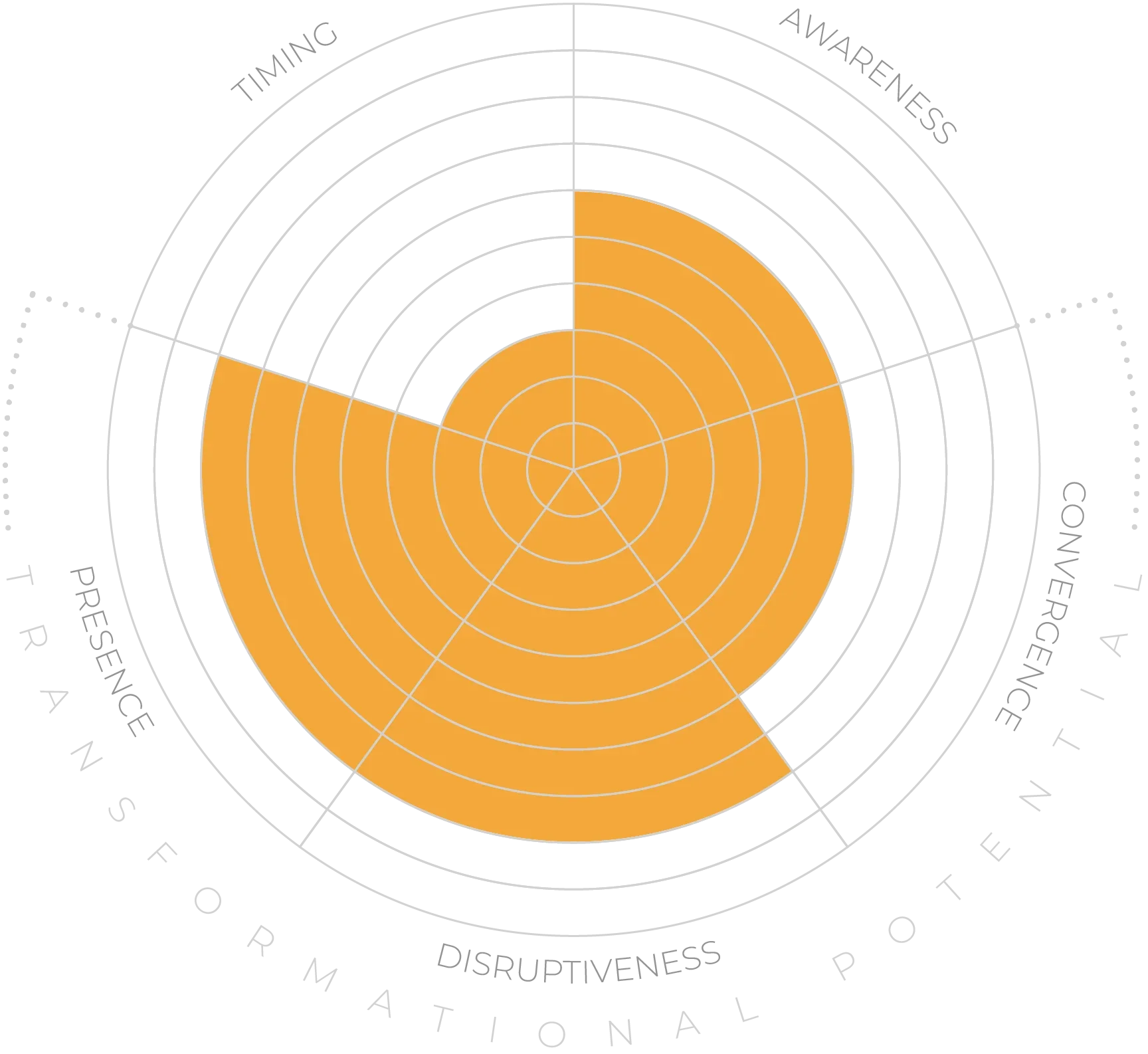For example, AirBnB has profoundly changed the nature of some cities, such as Barcelona, which have been forced to regulate the company's activities. However, the way AirBnB has reacted to those regulations has had important effects on local citizens trying to buy and rent properties and who have limited democratic influence over AirBnB.
The same is true of Google and Apple, who act as gatekeepers to the world's apps, controlling digital practices, limiting choice and potentially stifling innovation. These operations, where non-state actors take on the role of regulators, represent a gradual but significant erosion of democracy that needs to be continually assessed and resisted: citizens must be able to influence outcomes where appropriate. These issues are likely to become more acute as human activity becomes increasingly virtual and our interactions with machine intelligence become more common and influential.
The outworking of governance is also being changed by the outsourcing of human roles to digital technologies --- resulting in a loss of accountability. Digital decision-making via artificial intelligence systems, for instance, is being used in courts to help with sentencing and with many more routine legal processes. This raises a number of important questions for the judiciary and for society at large.14 For example, judicial decisions need to be transparent and explainable so that those involved can understand them. They also need to be free from bias. But how AI systems come to their decisions is not always clear and often hard to explain. And the datasets used to train these systems often contain biases that are hard to spot and mitigate.
A broader issue is how machines can help to automate much of the routine work behind democratic institutions, such as local councils and regional assemblies. These systems will be able to harvest opinions, make judgements about local priorities and determine optimal allocation of resources. This could significantly improve the efficiency of many democratic processes and functions but also raises questions about the transparency of these decisions and whether they will be applied fairly.



